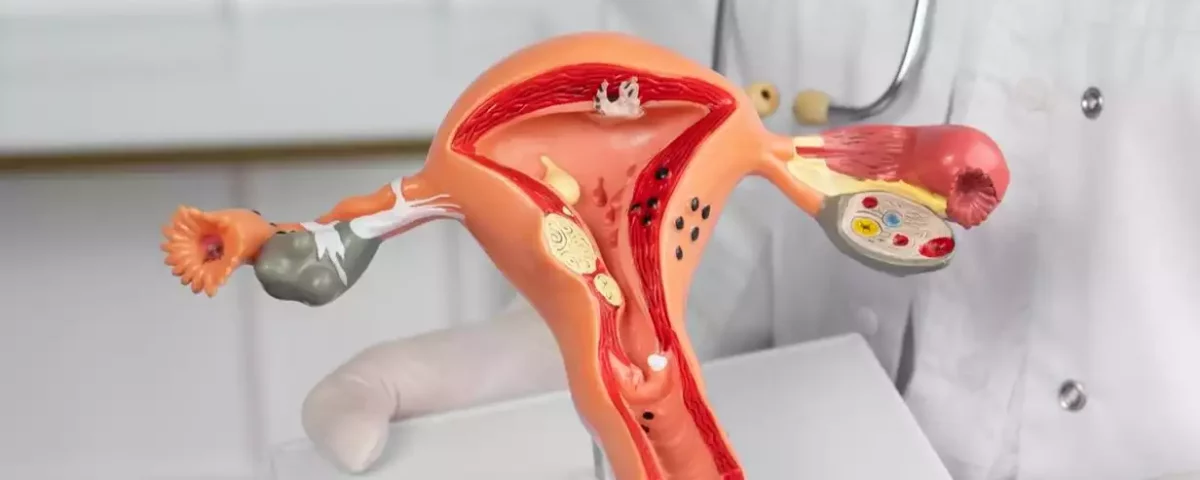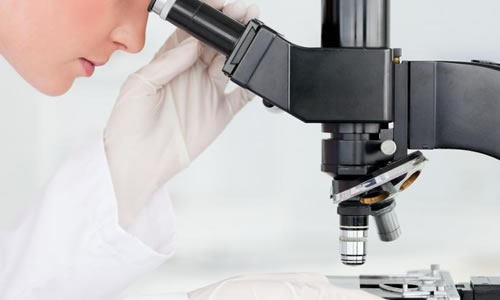Thickening of the uterine wall is defined as a problem where the inner wall of the uterus, called the endometrium, thickens more than normal. The uterine wall (endometrium tissue) is a tissue that is expelled from the body every month with the menstrual period. Thickening, which occurs when the cells in the uterine wall grow too large, is caused by an imbalance in the hormones estrogen and progesterone secreted by the ovaries during menstruation.
How does uterine wall thickening occur?
Endometrium tissue functions in response to the hormones estrogen and progesterone secreted by the ovaries during women’s monthly menstrual cycle. After the estrogen hormone thickens the uterine wall, the progesterone hormone secreted slows down and stops the thickening of the endometrium. After a while, with the decrease in hormone levels, menstruation occurs and with the bleeding, the uterine wall, i.e. endometrium tissue, is expelled from the body. In every healthy woman, this process takes place regularly every month.
However, in some ovulation problems, the hormone progesterone cannot be secreted properly. This leads to uncontrolled secretion of the hormone estrogen, which has a negative effect on the uterine wall. Since the endometrium is constantly exposed to the hormone estrogen, thickening of the uterine wall is inevitable and the uterine wall becomes thicker than normal.
Although this condition, which can cause cancer if left untreated, is one of the most common problems in women, it should be taken into consideration, diagnosed and treated.
Symptoms of Thickening of the Uterine Wall
- Menstrual bleeding is heavier than usual
- Menstrual bleeding lasting longer than normal
- The interval between two periods is less than 21 days
- Brown spotting between two periods
- Bleeding after menopause
Diagnosis and Treatment of Uterine Wall Thickening
Thickening of the uterine wall can be diagnosed by ultrasound, but in order to make a definitive diagnosis, a tissue sample must be taken from the uterus and pathologically examined. After the diagnosis of uterine wall thickening, the treatment may vary depending on the extent of the thickening, the age of the patient and whether the patient wants to have children in the future. Sometimes a simple thickening is treated with medication and the patient is followed up. At the end of this process, a second biopsy is needed to determine the success of the treatment. If the biopsy shows that the thickening of the uterine wall is likely to develop into cancer and the patient does not plan to have children in the future, the uterus can be completely removed surgically.




